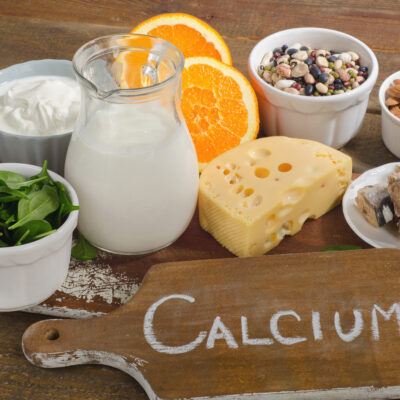
Oral & Multiskeletal
Causes and Treatments for Gingivitis and Gum Disease
Bacterial infection usually causes inflammation of the gums known as gingivitis. If the inflammation is not diagnosed and left untreated it can cause a serious infection known as periodontitis (also known as gum disease). Gingivitis and gum disease are major causes of tooth loss in the case of adults. While the leading cause of gum disease is plaque, some of the other factors that contribute to this condition include: Medical conditions There are certain conditions that affect the condition of one’s gums. This includes serious medical conditions that influence the immune system like cancer or HIV. Also, conditions like diabetes tend to affect a person’s ability to utilize sugar, this in turn increases the risk of risk of developing infections like cavities and periodontal disease. Lack of oral hygiene If one does not take care of his/her teeth by brushing and flossing regularly, it becomes easier to develop conditions like gingivitis. Certain medicines The oral health of a person is impacted because of certain medicines that tend to decrease in the flow of saliva. This is because saliva has a protective effect on gums and teeth. Some antianginal medications and anticonvulsant medications may cause abnormal growth of gum tissue leading to gum disease.
Read More 










